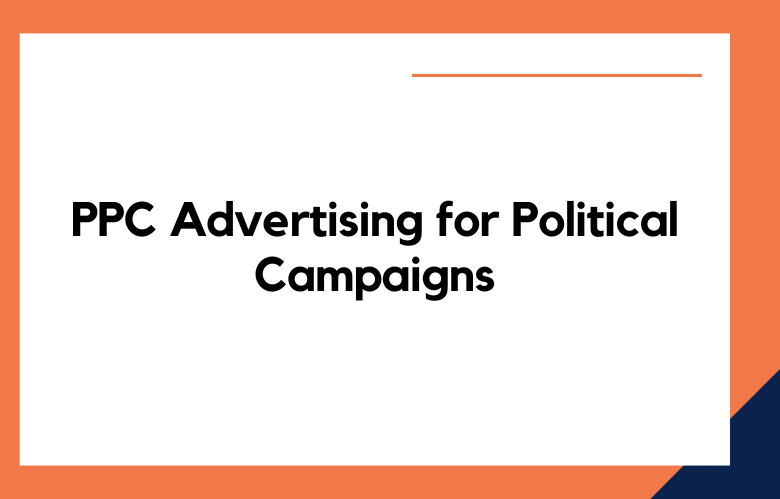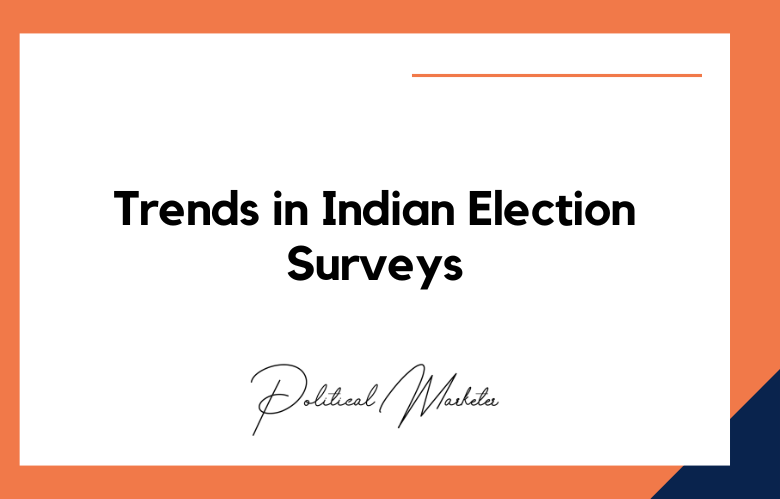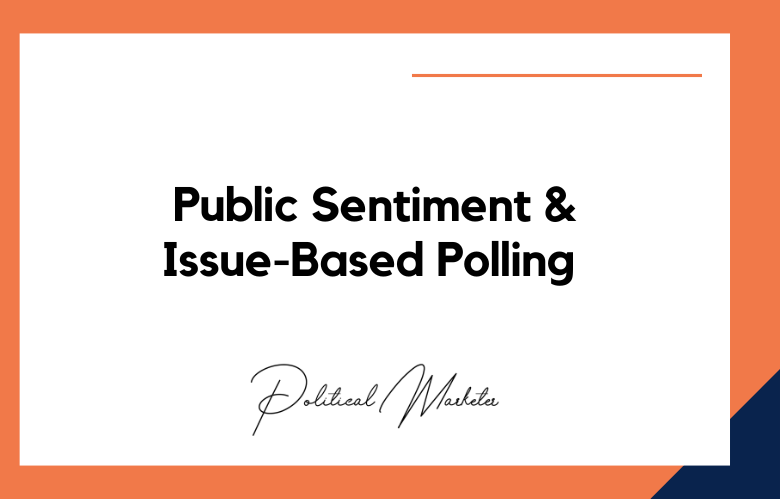Navigating the complexities of pay-per-click (PPC) advertising for political campaigns requires a nuanced understanding of the digital advertising landscape and the unique regulatory and ethical considerations governing political messaging. While PPC advertising offers campaigns the opportunity to reach targeted audiences with precision and efficiency, it also presents challenges related to transparency, accountability, and the potential for misuse or abuse.
Navigating the Complexities of PPC Advertising for Political Campaigns
One of the primary challenges in PPC advertising for political campaigns is ensuring compliance with regulations and guidelines set forth by platforms, regulatory bodies, and electoral laws. Political ads are subject to various rules governing disclosure, transparency, and spending limits, which vary by jurisdiction and platform. Campaigns must carefully navigate these regulations to ensure their ads comply with legal requirements and uphold democratic principles.
Moreover, PPC advertising for political campaigns requires careful attention to targeting and messaging strategies to reach and engage target audiences effectively. Campaigns must identify key voter demographics, interests, and behaviors to ensure their ads are delivered to the right people at the right time. This involves conducting thorough audience research, testing different ad creatives and messages, and optimizing campaigns based on performance metrics and feedback.
Transparency and accountability are also critical considerations in PPC advertising for political campaigns. Given the potential for misinformation and manipulation, campaigns must be transparent about their funding sources, the objectives of their ads, and the messages they promote. Platforms are crucial in ensuring transparency by implementing disclosure requirements, ad verification processes, and tools for reporting and monitoring political ads.
Maximizing ROI: A Guide to PPC Campaigns for Political Candidates
In the fast-paced world of political campaigning, pay-per-click (PPC) advertising has emerged as a crucial tool for reaching voters, driving engagement, and mobilizing support. However, running successful PPC campaigns requires a strategic approach that maximizes return on investment (ROI) while effectively communicating your message to target audiences. Here’s a comprehensive guide to help political candidates navigate the complexities of PPC campaigns and achieve their campaign goals:
Set Clear Objectives: Before launching a PPC campaign, define specific and measurable objectives that align with your overall campaign strategy. Whether it’s increasing voter awareness, driving website traffic, or securing donations, clearly defined goals will guide your campaign strategy and help measure its success.
Know Your Audience: Conduct thorough research to identify your target audience and understand their demographics, interests, and online behavior. This information will inform your PPC targeting parameters and help tailor your messaging to resonate with your audience effectively.
Choose the Right Platforms: It is critical to select the appropriate PPC platforms based on your audience demographics and campaign objectives. While Google Ads and Facebook Ads are popular, consider other platforms like Twitter, LinkedIn, or YouTube, depending on your target audience and campaign goals.
Craft Compelling Ad Copy: Create attention-grabbing ad copy that communicates your message clearly and persuasively. Highlight your unique selling points, policy priorities, and accomplishments to differentiate yourself from opponents and resonate with voters.
Optimize Keywords: Conduct keyword research to identify relevant search terms and phrases that align with your campaign messaging. Use a combination of broad, exact, and phrase-match keywords to maximize reach while maintaining relevance and controlling costs.
Target Effectively: Leverage advanced targeting options PPC platforms provide to reach specific voter segments based on demographics, interests, location, and behavior. Continuously refine your targeting parameters to ensure the most relevant audiences see your ads.
Monitor and Adjust: Regularly monitor the performance of your PPC campaigns using analytics tools provided by the advertising platforms. Track key metrics such as click-through rates, conversion rates, and cost per acquisition to gauge effectiveness and identify areas for improvement.
Navigating Political Ad Policies: Tips for Successful PPC Campaigns
Political advertising in the digital realm comes with its challenges and regulations, especially for pay-per-click (PPC) campaigns. To ensure compliance and maximize the effectiveness of your PPC campaigns, consider the following tips:
Understand Platform Policies: Familiarize yourself with the advertising policies of each PPC platform you plan to use, such as Google Ads, Facebook Ads, Twitter Ads, etc. These platforms have specific guidelines for political advertising, including requirements for disclosure, targeting, and content restrictions.
Adhere to Disclosure Requirements: Many platforms require political advertisers to provide clear and conspicuous disclosures about the sponsor of the ad, such as “Paid for by [Candidate Name]” or “Political Advertisement.” Ensure that your ads include the necessary disclosures to comply with platform policies and regulatory requirements.
Verify Your Identity: Some platforms may require political advertisers to verify their identity and provide additional documentation to run ads related to elections or political issues. Be prepared to undergo the verification process and provide any required information to ensure your ads can run without interruption.
Avoid Prohibited Content: Review the content policies of each PPC platform to identify prohibited content, such as deceptive or misleading information, hate speech, or inappropriate imagery. Ensure that your ads adhere to these content guidelines to avoid rejection or removal by the platform.
Target Responsibly: Use targeting options PPC platforms provide to reach specific audience segments based on demographics, interests, and behavior. However, be mindful of targeting parameters that may violate anti-discrimination laws or privacy regulations, such as excluding certain demographic groups from seeing your ads.
Monitor Ad Performance: Regularly monitor the performance of your PPC campaigns to ensure compliance with platform policies and optimize for effectiveness. Track key metrics such as click-through rates, conversion rates, and ad spending to identify any issues or areas for improvement.
PPC Advertising Trends to Watch in the Political Campaign Season
As the political campaign season approaches, the landscape of digital advertising is evolving rapidly, presenting new opportunities and challenges for political campaigns. Pay-per-click (PPC) advertising, in particular, has emerged as a powerful tool for reaching and engaging voters, offering campaigns the ability to target specific demographics, optimize messaging, and drive action with precision and efficiency.
Several key PPC advertising trends are poised to shape political campaigns’ strategies and tactics in the upcoming campaign season. From the increasing emphasis on video ads to the integration of AI and machine learning technologies, these trends reflect the evolving nature of digital advertising and offer campaigns new avenues for reaching and mobilizing voters.
However, amidst these opportunities, campaigns must also navigate ad transparency, data privacy, and regulatory compliance challenges. By staying informed about the latest PPC advertising trends and adapting their strategies accordingly, political campaigns can maximize their impact and effectively leverage digital advertising to achieve their electoral objectives.
Budgeting for Success: Managing Costs in Political PPC Campaigns
As political campaigns increasingly turn to digital channels to reach and engage voters, pay-per-click (PPC) advertising has become a crucial component of their strategy. However, managing costs effectively ensures that campaign resources are used efficiently and that advertising efforts yield maximum impact.
Strategic budgeting becomes even more critical in political PPC campaigns, where budgets are often constrained and competition is fierce. This article explores essential strategies for managing costs in political PPC campaigns, from setting clear objectives to optimizing targeting and bidding strategies. By implementing these strategies, campaigns can maximize the effectiveness of their PPC advertising efforts while staying within budget constraints.
Leveraging Data Analytics for Optimal Results in Political PPC Advertising
In the highly competitive world of political advertising, leveraging data analytics has become essential for achieving optimal results in pay-per-click (PPC) campaigns. Data analytics provides invaluable insights into voter behavior, campaign performance, and strategic optimization, enabling political advertisers to make informed decisions and maximize their impact.
By harnessing the power of data, campaigns can target the right audiences, refine their messaging, and allocate resources more effectively. This introduction explores the crucial role of data analytics in political PPC advertising, highlighting its benefits and the strategies that can lead to more successful and efficient campaigns.
Conclusion:
Navigating the complexities of PPC (pay-per-click) advertising for political campaigns requires a strategic and nuanced approach that balances the benefits of targeted messaging with the challenges of ethical considerations and regulatory compliance. While PPC advertising allows political candidates and parties to reach specific demographics and amplify their message with precision, it also raises concerns about transparency, accountability, and the potential for misinformation.
As we move forward, political advertisers must prioritize transparency and integrity in their PPC campaigns. They must provide clear disclosures about the source and funding of their ads and ensure that their messaging adheres to ethical standards and legal requirements. Moreover, policymakers and regulatory bodies must continue to monitor and regulate PPC advertising to safeguard the integrity of the democratic process and prevent the spread of harmful or misleading content.











